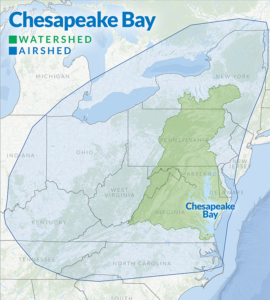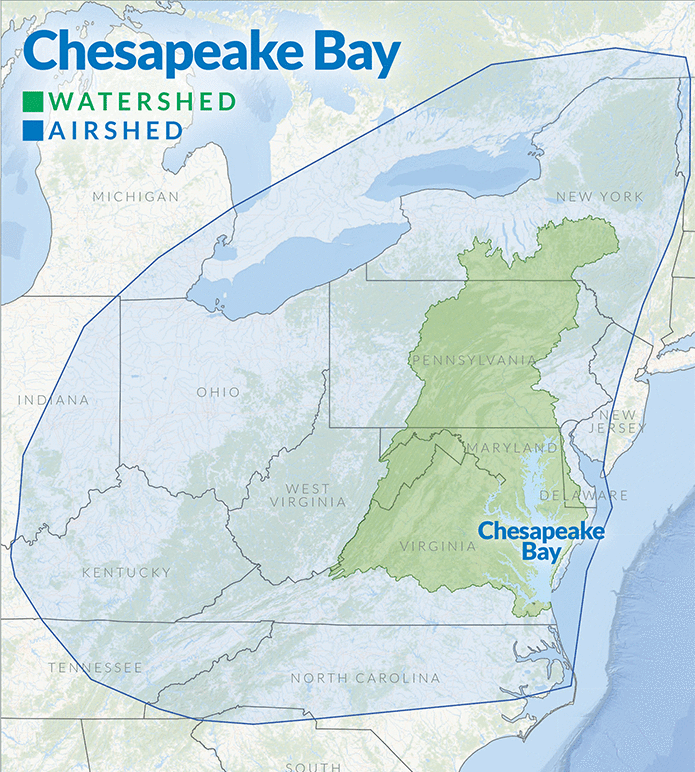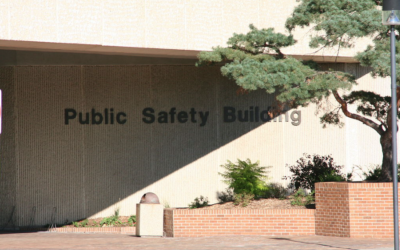Over the next few months 33 state legislatures will approve funding for new budgets. The remaining states already have a budget for 2020. A quick look at funding requests indicates an extremely positive marketplace for companies that contract with government. The following overview outlines some of the interesting projects that will be launched in the near future.
Virginia

California
Gov. Gavin Newsom’s budget calls for legislators to approve $222.2 billion in state funds. This includes funding for part of the Water Resilience Portfolio (WRP) which outlines more than 100 planned projects. A $4.75 billion Climate Resilience Bond may appear on the 2020 ballot and if passed, it would also support actions in the WRP, including flood protection, integrated regional water projects, and safe drinking water initiatives. There’ a planned allocation of $80 million for the development of statewide lidar maps and a funding request for $60 million to implement the Sustainable Groundwater Management Act.
Utah
Utah’s $20 billion budget request is an increase of $1 billion. The governor has requested $100 million for transportation that includes $34 million for expanded transit services, $66 million for an electric vehicle charging network, and as many as 400 additional charging stations throughout the state. Another budget request includes $30.5 million for mental health services. The governor says the state needs $5 million for a new forensic unit at the Utah State Hospital, $11 million for an inmate mental health transition facility, $10.4 million for receiving centers in urban areas, and $2.5 million for mobile crisis facilities in rural Utah.
Massachusetts
Legislators are being asked to adopt a $44.6 billion budget in Massachusetts. If it is approved, the Massachusetts Bay Transportation Authority (MBTA) will get an additional $135 million for subways, buses, and commuter rails in Boston. The request for funding also includes an increase of $216.7 million for transportation projects. The governor says an $18 billion transportation bond bill (outlined in the Transportation Climate Initiative) should be approved for planned infrastructure improvements from 2020-2024. The bond bill proposes to direct $11 billion to road and bridge improvements and another $7 billion for expansion and modernization of transit, commuter rail, and bus services. The governor’s bill also seeks approval to spend $100 million for paving programs at the municipal levels of government.
Minnesota
Governor Waltz wants legislators to fund transportation infrastructure. His office has received requests of $3.7 billion from state agencies and $1.3 billion from cities, counties, and other local entities for infrastructure projects. Some of the projects under consideration include $29.5 million for a new Emergency Operations Center, $21.3 million for improvements to the laboratory that serves state health and agricultural departments, $112 million for some of the 9,500 deficient bridges in Minnesota, and $100 million for local roads. Another project is the $18 million remodel of the Minnesota Sex Offender Program facility.
New York
New York Gov. Andrew Cuomo has a five-year plan that includes $175 billion for infrastructure. His multi-year plan would allocate $87 billion for surface transportation, including bridges and tunnels, $35 billion for environmental facilities and parks, $11 billion for economic and community development projects, $9 billion for affordable, high-quality housing, $19 billion for school construction, and $14 billion for improvement and maintenance of state college, health care, and other facilities.
Georgia
Gov. Brian Kemp wants legislators to approve borrowing approximately $900 million for construction projects and equipment. Key projects include $70 million to expand the state-owned convention center in Savannah and $55 million for a new Department of Public Safety facility. Other projects include $50 million for statewide road upgrades, $42.8 million for a STEM research building at the University of Georgia, $34.8 million to renovate and expand a facility at Gwinnett Technical College and $30.7 million to expand Technology Square on the Midtown Atlanta campus of Georgia Tech. Funding requests total $28.1 billion.
Arizona
Requests for funding in Arizona are outlined in the governor’s suggested $12.3 billion budget. It includes $108 million to upgrade aging school buildings through Building Renewal Grants (BRG). The governor also wants to close the prison in Florence and spend $33 million to relocate inmates. An additional $48 million is requested to upgrade Lewis and Yuma state prisons. Additional budget requests include funding of at least $28 million to begin the expansion of Interstate 10. Another $50 million is needed for the installation of 500 miles of broadband conduit and fiber optic cable along Arizona highways.
These selected examples provide strong indications of an abundance of state contracting opportunities in 2020.
Strategic Partnerships, Inc. is one of the leading procurement consulting companies in the U.S. Contact them today to learn how to increase your public sector sales.







